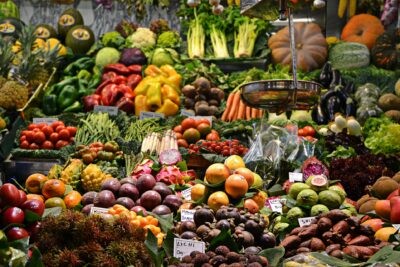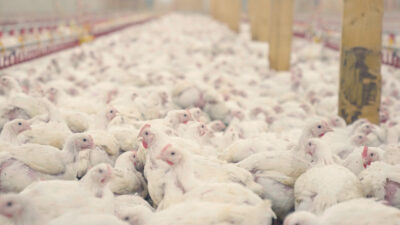All over the world, people are switching to a vegan diet and it is a trend that shows no signs of slowing. So, what is veganism, why do people become vegan, and if I do it, too, what will I eat? Read on.
What Is a Vegan Diet?
A vegan diet is simply one that contains nothing that has been taken from an animal. That includes the meat of land and aquatic animals, of course, but it also includes their milk, eggs and honey.
Instead of these products, vegans choose from the wealth of plant-based foods. This doesn’t just mean fruits, vegetables, nuts and grains. It includes all the things made from them, including animal-free versions of meat, milk, butter, yoghurt, cheese, cream, ice cream and so much more.
One thing new vegans often say: I thought becoming vegan would reduce my options, but actually I eat a wider range of foods now than ever!
Why Do People Go Vegan?
There are lots of reasons to be vegan, but the three cited most often are: to avoid causing harm and suffering to animals; to protect our own health and that of other people; and to reduce our environmental impact. All are excellent reasons.
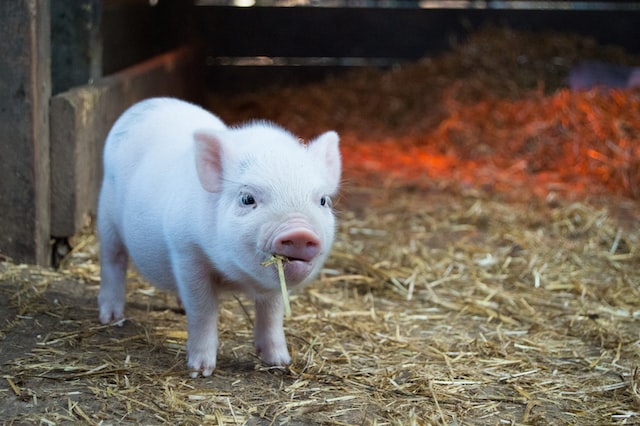
Ethics
If we were to ask 100 people if they thought bullying was a good thing, we’re pretty sure we know what the response would be. And yet, our food choices often mean we are paying someone to cause deliberate suffering and harm to a being who is vulnerable. It seems there is a contradiction there.
And here’s another one. Public opinion polls consistently show that the majority of people oppose factory farming – the system that keeps animals locked in large numbers inside cages, crates, pens and sheds – and yet, almost all meat comes from animals who were incarcerated inside such farms. And most people buy it.
Polls also show that most people consider themselves to be an animal lover. They sign petitions to end the killing of whales and dolphins, and share their homes and lives with a beloved cat or dog. Yet, the meat, dairy and eggs they buy are products of immense suffering.
When people come to recognise these inconsistencies in themselves, it can feel like a veil is lifted. They may decide there and then to bring their practices in line with their principles and change what they eat.
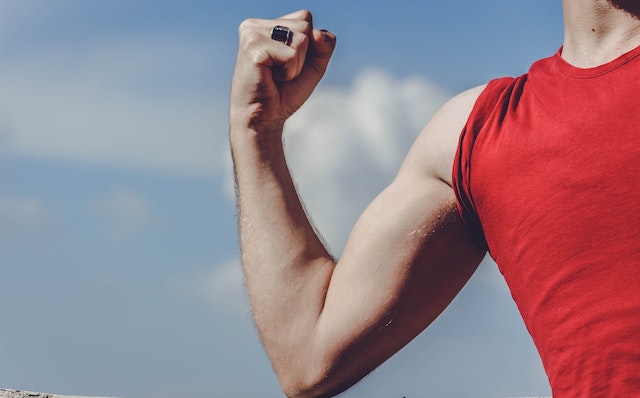
Health
Researchers have known for decades that a diet high in animal products has a significant negative impact on our health and longevity. We’ll come to the many important long-term benefits later on, but there are many other health-related benefits, too.
New vegans often report that their skin and digestion improve almost immediately. Others find they sleep better or have more energy. For some, a reduction in inflammation means conditions such as arthritis improve, and many people have described a levelling out of mood, and even that symptoms of depression ease.
Such potential health benefits are unique to each person, but the impacts of eating a vegan diet go much wider and benefit us all. The farming of animals is a cause of two important public health issues: first, factory farms are ideal breeding grounds for pathogens that can spread to people. Bird and swine flu viruses that are lethal to people are already circulating and, say scientists, have the potential to cause the next pandemic. The second issue is the vast amounts of antibiotics that are given to farmed animals just to try and keep as many alive as possible. This reckless overuse of life-saving medication drives antibiotic-resistance, and already more than one million people a year die from antibiotic-resistant pathogens. This will only worsen if we continue to squander antibiotics in the factory farming system.
One thing is clear: when we do harm to animals, we do serious harm to ourselves, too.
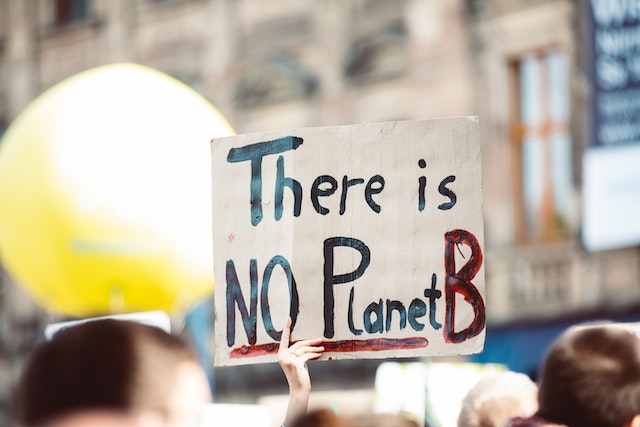
Environment
Every aspect of the natural world is suffering as a result of human actions: the climate is heating up, the rivers are running polluted, the seas are a trash can of plastics, the forests are being felled, and wild animal populations are dying out. Every one of these devastating outcomes is driven by our consumption of meat, milk and eggs. Let’s start with climate breakdown…
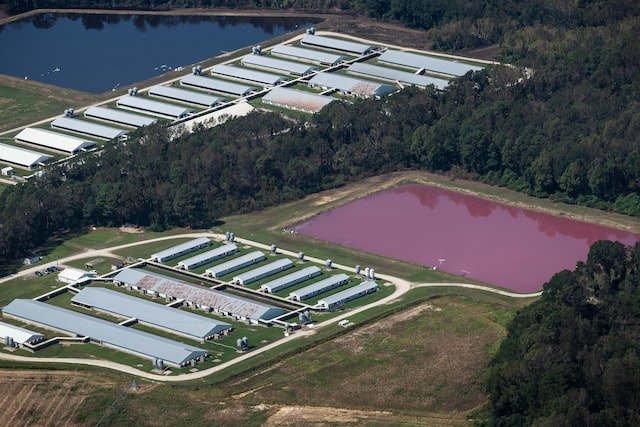
More than 14 per cent of all human-caused emissions are emitted by the animal farming sector. So, when we buy meat, milk or eggs, we are paying for the breakdown of the climate. To put it into context, farming animals creates more emissions than every car, bus, plane, ship and train on the planet. Scientists from Stanford and the University of California, Berkeley, have stated that ending animal agriculture is “our best and most immediate chance to reverse the trajectory of climate change”. To do that, we have to stop buying the products.
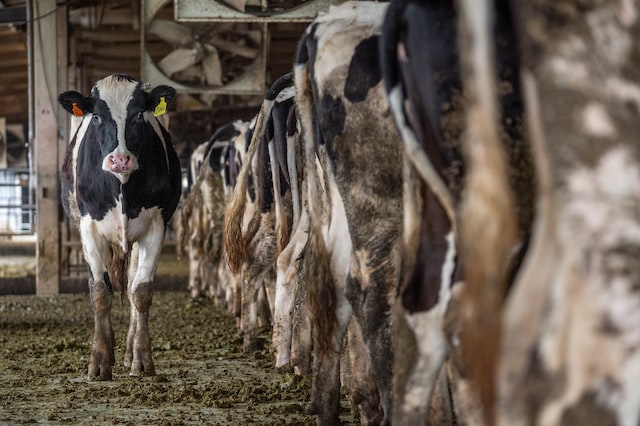
Rivers are polluted by the vast amounts of poop that the tens of billions of farmed animals on the planet produce. There is just so much of it, and there is no safe place to put it. Inevitably, huge amounts run into waterways where they fuel algal bloom and the deaths of aquatic life. In the oceans, these are called ‘ocean dead zones’ but the oceans have other problems too. Fishing boats release as much carbon as the entire aviation industry, while also being the main plastic polluter of the seas. If we stop eating farmed animals and wild-caught fish, our waterways could heal.
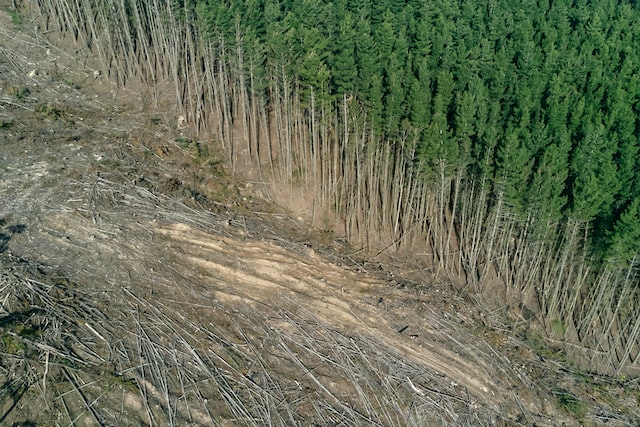
As for deforestation and wildlife loss, these are directly driven by animal farming. Because it takes many times more land to produce meat than plants, more farmland must be created to meet the demand. This means natural habitats, including forests, are destroyed, and the animals driven out or killed. If we switched to a plant-based diet, we could reduce our need for farmland by 75 per cent — and this could be returned to nature, and help reverse the devastating losses of wildlife.
Is a Vegan Diet Healthy?
It is! Or at least it can be. A vegan diet could consist solely of chips, soft drinks and chocolate and, while it would still be better for animals and the planet than eating meat, milk and eggs, no one would argue that this was a healthy way to live. But a vegan diet that prioritises whole foods — beans, pulses, nuts, seeds, fruits, vegetables, whole grains salads and herbs — is ideal. Within that, there is room for some delicious feel-good foods, of course, such as our very own vegan fried chick*n, but for optimal health we should optimise plants.
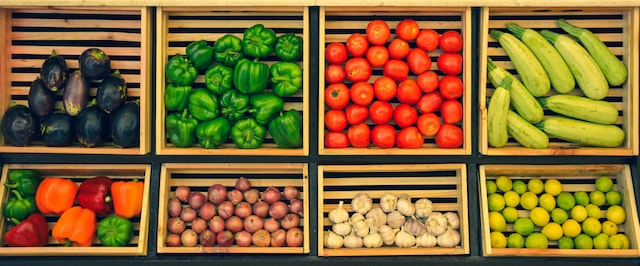
Vegan Diet Benefits
A balanced vegan diet is associated with much better health outcomes. It can reduce blood pressure and cholesterol levels, reduce the number of medications required, and both prevent and even reverse heart disease and type 2 diabetes. Unsurprisingly, then, there is evidence that people who are vegan may live longer.
Better Heart Health
Saturated fat drives up blood cholesterol and can lead to blockages in the arteries, heart attacks and strokes. Saturated fat is the type found in meat, cheese, butter, lard and ghee — all animal products! Study after study has shown that our hearts do better when we remove animal products from our diets. Research shows that eating a vegan diet at any age can reduce the risks, proving it is never too late to adopt a heart-healthy diet.
Lower Cancer Risk
Some animal products are carcinogenic, that is, they cause cancer. The World Health Organization states that all processed meats — including bacon, sausages, chorizo, jerky, ham and any product that has been cured, salted or otherwise processed — causes cancer. Furthermore, all red meats, even unprocessed meats, are “probably carcinogenic”. But even fish and white meat can be carcinogenic if cooked at high temperatures, such as roasting or barbecuing. A plant-based diet, on the other hand, protects against cancer.
Lower Risk of Type 2 Diabetes
Type 2 diabetes is incredibly common but it is not inevitable. It is a disease caused by the way we live, and we can avoid it by making different choices. One of those choices relates to food. Research shows that adopting a plant-based vegan diet is effective at both preventing and managing type 2 diabetes, and can even reverse it if we are already living with it. It’s never too late!
What Can You Eat on a Vegan Diet?
- You can eat every vegetable, fruit, grain, beans, pulse, nut, seed, berry, herb and spice, and every product made from them. That includes …
- Bread, pasta, rice, quinoa and all the other grain-based items
- Store cupboard staples such as nut butters, jams, yeast extract, pasta sauces, tinned beans, coconut milk, curry pastes, tinned tomatoes and much more
- Many frozen items such as oven chips, hash browns, vegan ice cream, and frozen peas
- Baked goods such as vegan sausage rolls, quiches, pasties and pies
- Tasty treats such as cookies, cakes, chocolate and doughnuts
- Tea, coffee, fruit juice, and most soft drinks, wine, spirits and beer
- Plant-based milks, butter, yoghurts and cheese, as well as vegan minced meat, burgers, sausages, popcorn chick*n, fish fingers, tuna, and meaty strips or slices
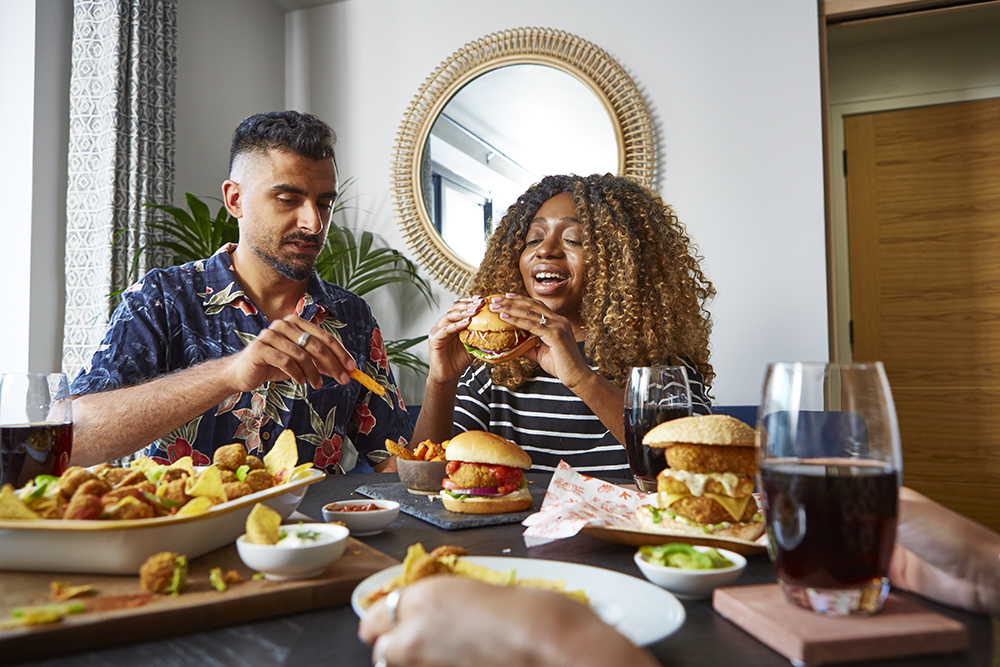
What Can’t Vegans Eat?
Vegans choose not to eat:
- the meat of animals — whether that is from a cow, sheep, goat, chicken, duck, pig, fish or any other living creature
- any product that was created by exploiting (and ultimately killing) animals, so that also removes dairy, eggs and honey
- the nasty by-products that find their way into packaged goods, such as gelatin (boiled bones and ligaments), cochineal (crushed beetles) and rennet (the stomachs of calves)
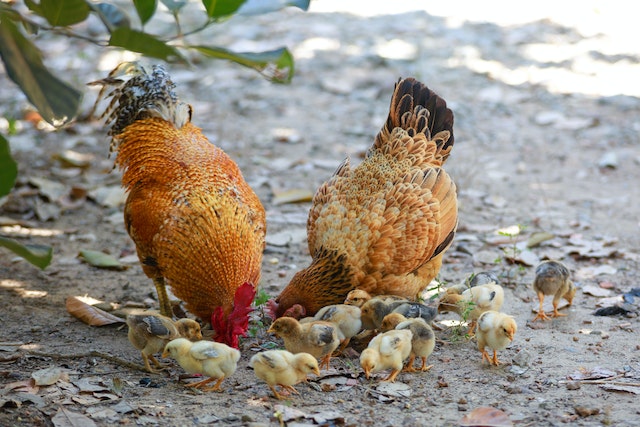
What Is a Vegan Diet Missing?
It is perfectly possible to get every nutrient we need without eating animal products, so what is missing? Absolutely nothing! A few of the more common queries we get relate to these nutrients:
- Vitamin D: this is the sunshine vitamin and our bodies can make all that we need if we are out in the sun regularly. For those who live in colder climes, and for all of us during winter, we need to look to other ways to get a regular supply. Mushrooms are a fantastic source, and so are fortified products such as breakfast cereals, vegan butter and milk. If you’re worried, take a supplement.
- Iron: there is plenty of iron on a vegan diet including in beans, lentils, chickpeas, leafy green vegetables, dried fruits, dark chocolate, nuts and seeds, and mushrooms. There is no reason at all to go short of iron as a vegan.
- B12: this little vitamin is made by the bacteria in animals’ guts; we make it too, but cannot absorb it. There may be modest amounts in fresh produce but the most reliable sources are fortified products including yeast extract, plant milks and breakfast cereals. The Vegan Society recommends we eat these two or three times a day and if that’s not possible, to take a supplement.
- Omega-3 Fatty Acids: these can be found in seaweed products (such as sushi and seaweed salad), flaxseeds, chia seeds, hemp seeds, walnuts, edamame and kidney beans. Eating a whole food plant-based diet should provide everything we need quite easily.
How To Get the Right Nutrients From a Vegan Diet?
There are a few recommendations for getting everything we need.
- Eat whole foods wherever possible
- Eat the rainbow — different coloured fruits and vegetables contain different properties, so eat a wide variety
- For gut health, which impacts many diseases, we should aim for 30 different fruits and vegetables every week
- Ensure you have healthy fats in your diet so include nuts, avocados and olive oil
- Add in high-protein convenience foods such as those made from wheat protein, pea protein or soy protein
- Build meals around whole grains for fibre. Our guts love fibre!
- Eat plenty of leafy greens. Spinach, kale, collards and cabbage contain a wealth of health-boosting properties. Eat them every day!
Vegan Diet Plan For Beginners
Where should we start when we decide to become vegan? With one meal at a time! Here are a few ideas to get you started.
- Breakfast: cereal and milk; yoghurt with fruit; toast and peanut butter, Marmite or jam. Tea, coffee, fruit juice.
- Lunch: bean soup and a sandwich; sushi, burrito; beans on toast; filled baguette; jacket potato with salad and beans; a salad bowl with coleslaw, potato salad, bean salad and plenty of leafy veg.
- Dinner: spaghetti Bolognese; pizza; fajitas; or a chick*n burger with all the trimmings; shepherd’s pie; lasagne with garlic bread, Buddha bowl; sausage, mash, peas and gravy.
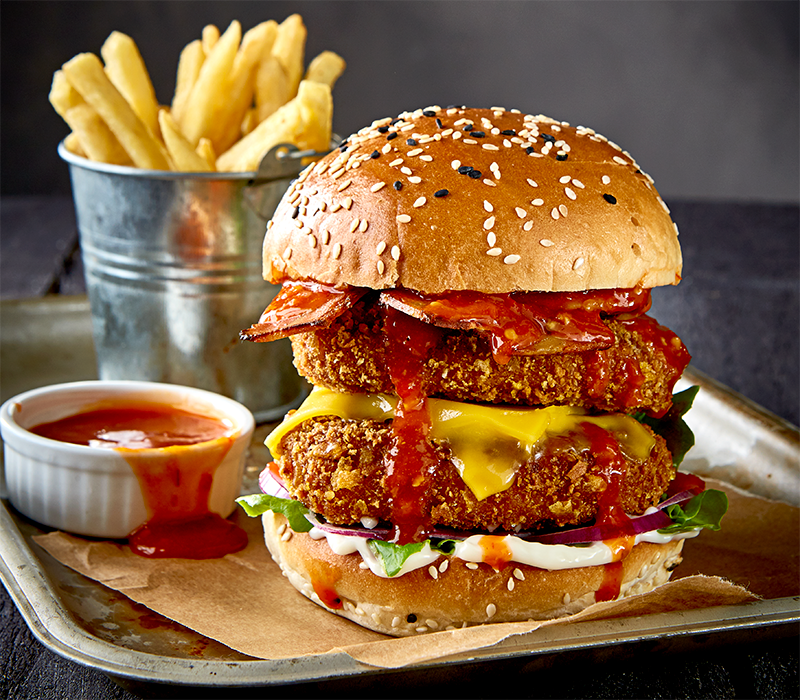
Conclusion
There are so many excellent reasons for choosing to eat a vegan diet, and they range from the personal (health) to the global (climate change) to the altruistic (to help animals). But whatever reason motivates us most, everyone benefits when we choose to eat plants instead of animals.
And we are also rewarded when we make this decision with a wealth of delicious foods. We can recreate our family favourites including celebratory meals, so we get the very best of all worlds: a healthier, happier, thriving planet, and no loss of pleasure.
